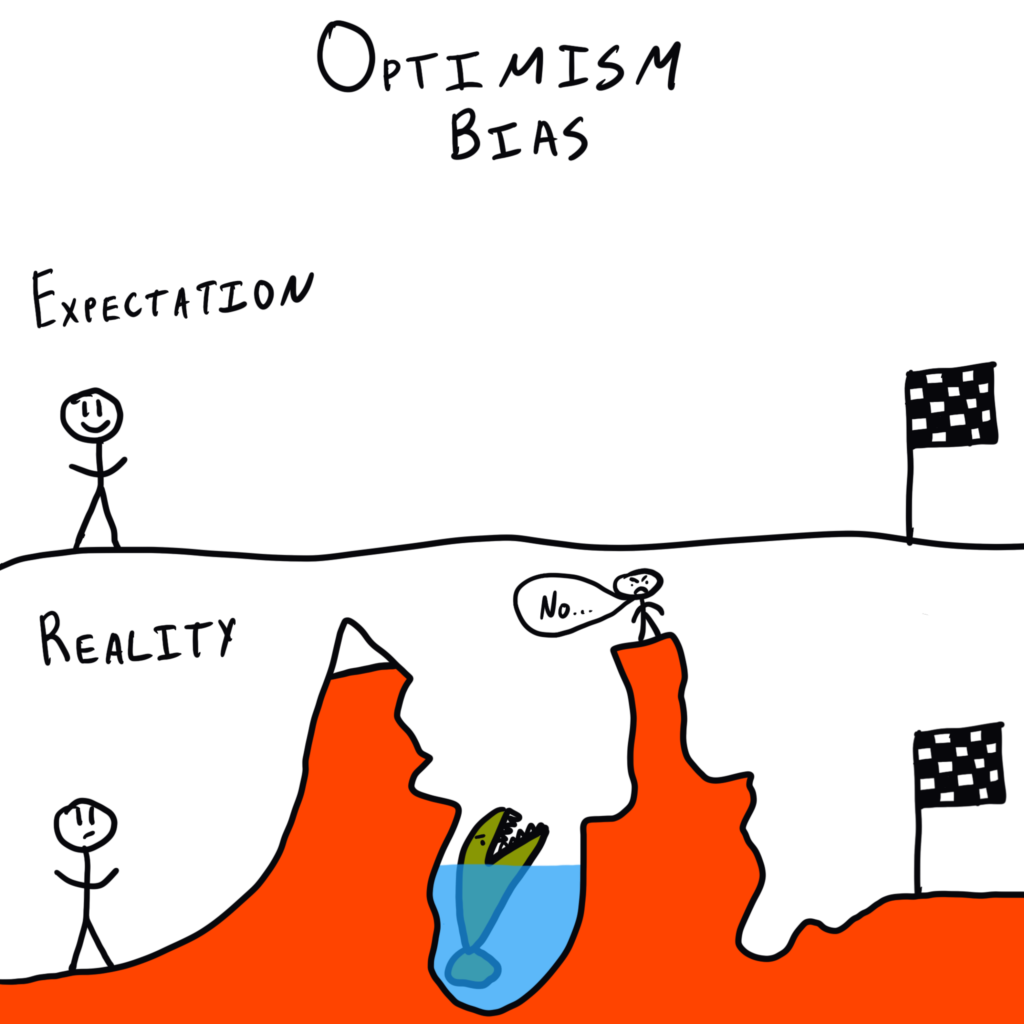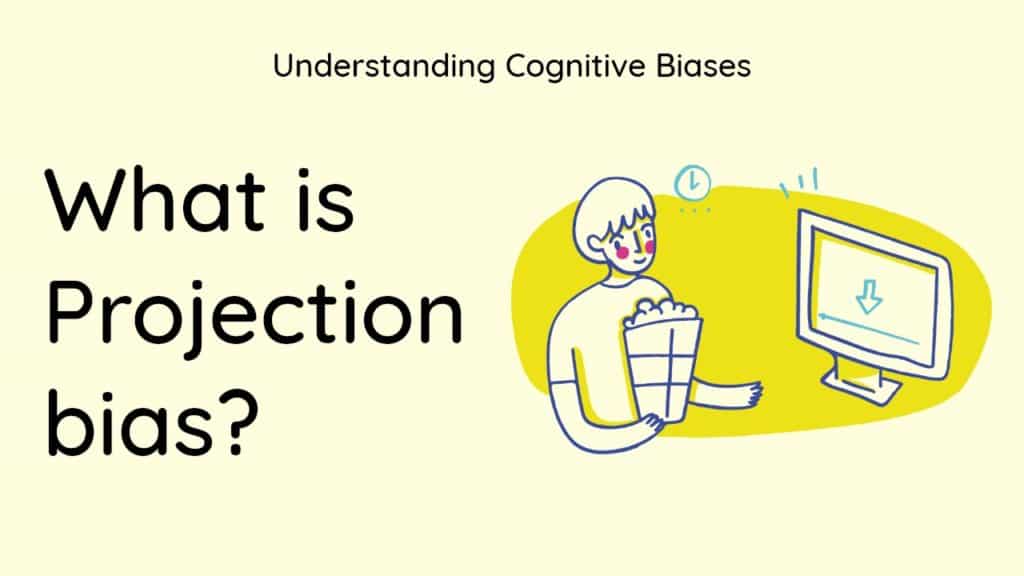
“Optimism is the faith that leads to achievement. Nothing can be done without hope and confidence.” – Helen Keller
The First Sip

What. A. Year.
While it’s been a tough and challenging season of life for most of us, I truly believe in the resiliency of the human spirit now more than I ever have.
And apparently there’s research to suggest that’s the case for most of us.
According to a study of 2,000 people, nearly 70% say this year has made them more appreciative of their friends and family than ever before.
Despite the unique circumstances, many have found this season to be comforting and enjoyable – using the break from normal holiday travels to relax at home and spend more time reflecting.
The study also probed people on how they stay optimistic during such tough times. Here’s the top five results:
- Listening to music
- Spending time with others
- Watching a favorite movie/TV show
- Reading a favorite book
- Self-care (“me-time”)
And according to a separate study, 7 in 10 people are making it a priority to do something positive every day.
43% of people say it’s their goal to make at least one person smile every day, while 38% say they stay positive by snuggling up with their pet.
(I love that 😍)
It just goes to show that, no matter how difficult the circumstances are, humans are always up to the challenge of rallying together – albeit from a distance – and provoking the best in one another.
Here’s to finishing 2020 on a strong note this week and dreaming BIG about what’s to come in 2021 and beyond!
1 Caffeinated Neurohack

Speaking of optimism…
Are you familiar with the psychological phenomenon known as Optimism Bias – a.k.a. the Illusion of Invulnerability?
It basically says that people have a built-in predisposition to assume that they’re less likely to suffer from an unfortunate event and more likely to attain success than real-world probabilities suggest.
In other words, people tend to assume they’re less likely to split up with their partner, get sick, or lose a job. All the while, we tend to assume we’re more likely to get a promotion, accomplish a lofty goal, or live into old age.
And while most psychologists discuss the Optimism Bias in a negative context, I actually think it’s something we can leverage for our own good.
If you consistently expect good things to happen, I believe it puts you in a positive mindset where you’re more likely to actually achieve the things that you’re anticipating.
There’s plenty of research to suggest that people who believe they will be successful are, in fact, more likely to be successful.
Optimism promotes better well-being by cultivating a sense of healthy anticipation about the future.
And those who pursue optimism as a daily mindset are more prone to take healthy measures to put themselves in prosperous situations.
So while some may tell you to dial it back a notch…you’ll never hear that from me.
I believe in living out of a place of abundance, so that you can achieve better outcomes in your business and personal life.
Marketing Psychology Quick Hit

Let’s look at another psychological bias. But this time, let’s explore how you can leverage it in your marketing and sales.
The Projection Bias is basically a self-forecasting error that says we tend to overestimate how much our future selves will share the same thoughts, beliefs, or needs as our current selves.
And while this bias fleshes itself out in dozens of areas of our lives, there’s one really unique one that I think can help us as advisors: weather.
Studies show that weather conditions can activate the Projection Bias in high-stakes environments.
A team of researchers actually looked at sales data from top car dealerships around the U.S. and cross-analyzed it against weather data (including temperature, snowfall, and cloud cover).
They found that people were more likely to purchase a convertible in warmer and drier months, whereas they were more likely to buy four-wheel-drive vehicles and cars with heated seats during winter months…despite the fact that they would be driving the car all year round and in a variety of conditions.
The same goes for timing/seasons.
If someone is expectant and hopeful today, they assume that they’ll feel similar emotions tomorrow, next month, or next year. So they act in kind.
Interesting right?
I believe this phenomenon can be effective in your business…whether it’s related to weather, timing, or anything else.
Here are some ways I could see it being useful:
- People are more likely to think about health insurance during a pandemic.
- Clients will be more inclined to think about life insurance at the start of a new year when they’re looking ahead.
- Homeowners are more likely to want to bump up a policy if two big storms just came through and they managed to escape without any damage.
I’m obviously making some assumptions here…but do you see how this could be a useful exercise to pursue now that you understand the Projection Bias?
Do This First Thing Monday AM

I’m not sure how you feel about “New Year’s resolutions.”
To me, they’re usually nothing more than aspirational whims that people hastily conjure up before the clock hits midnight and the calendar flips to a new year.
But I’m all about goals.
Call it semantics…but I believe there’s a difference between setting a resolution and a goal.
A goal is something concrete and actionable. It has a component that you can track and push toward.
If you’ve never been very skilled at creating goals, 2021 could be different for you.
Perhaps you’ve heard the classic SMART framework for setting goals. As overused as it is, I think it’s helpful.
But I’m an even bigger fan of the SMARTER variation.
It says that in order for a goal to be effective, it needs to be:

You don’t need to set 20 goals for this year. (In fact, that’s almost certainly too many for you to focus on.) Instead, I’d encourage you to pick 2-3 business goals for this year, as well as 2-3 personal goals.
If needed, spend all of Monday morning tackling this important task. I think it’s that important.
What’s New With Advisorist

➡️ ➡️ Grab your sales CHEAT SHEET for overcoming objections and getting to YES! ⬅️ ⬅️
Enjoy the Sunday!
Jeremiah




